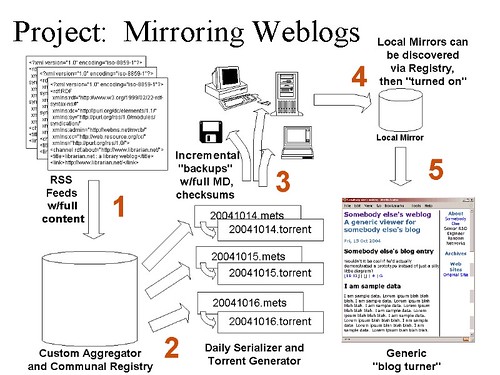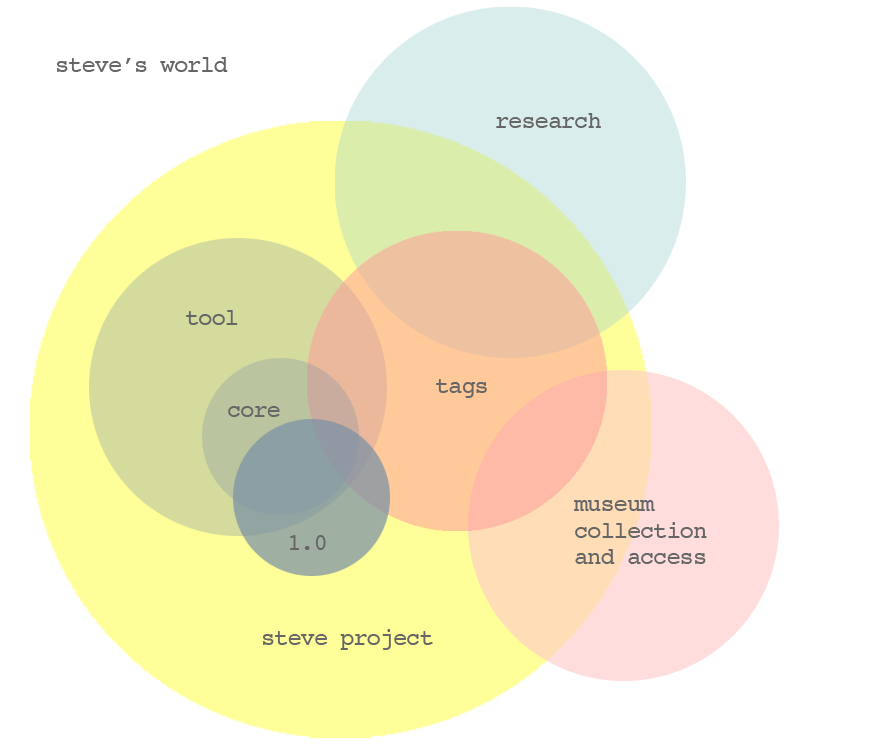The New York Public Library has reached a settlement with iBiblio, the public’s library and digital archive at the University of Chapel Hill, North Carolina, for harvesting records from its Research Libraries catalog, which it claims is copyrighted.
Heike Kordish, director of the NYPL Humanities Library, said a cease and desist letter was sent because a 1980s incident by an Australian harvesting effort which turned around and resold the NYPL records.
Simon Spero, iBiblio employee and technical assistant to the assistant vice chancellor at UNC-Chapel Hill, said NYPL requested that its library records be destroyed, and the claim was settled with no admission of wrongdoing. “I would characterize the New York Public Library as being neither public nor a library,” Spero said.
It is a curious development that while the NYPL is making arrangements under private agreements to allow Google to scan its book collection into full-text that it feels free to threaten other research libraries over MARC records.
The price of open data
This follows a similar string of disagreements about open data with OCLC and the MIT Simile project. The Barton Engineering Library catalog records were widely made available via Bit Torrent, a decentralized network file sharing format.
This has since been resolved by making the Barton data available again, though in RDF and MODS, not MARC, under a Creative Commons license for non-commercial use.
OCLC CEO Jay Jordan said the issues around sharing data had their genesis in concerns about the Open WorldCat project and sharing records with Microsoft, Google, and Amazon. Other concerns about private equity firms entering the library market also drove recent revisions to the data sharing policies.
OCLC quietly revised its policy about sharing records, which had not been updated since 1987 after numerous debates in the 1980s about the legality of copyrighting member records.
The new WorldCat policy, reads in part, “WorldCat® records, metadata and holdings information (“Data”) may only be used by Users (defined as individuals accessing WorldCat via OCLC partner Web interfaces) solely for the personal, non-commercial purpose of assisting such Users with locating an item in a library of the User’s choosing… No part of any Data provided in any form by WorldCat may be used, disclosed, reproduced, transferred or transmitted in any form without the prior written consent of OCLC except as expressly permitted hereunder.”
Looking through the most recent board minutes, it looks like concerns have been raised about “the risk to FirstSearch revenues from OpenWorldCat,” and management incentive plans have been approved.
What is good for libraries?
Another project initiated by Simon Spero, entitled Fred 2.0 after recently deceased Fred Kilgour of OCLC, Yale, and Chapel Hill fame, recently released Library of Congress authority file and subject information, which was gathered by similar means as the NYPL records.
Spero said the purpose of the project is “dedicated to the men and women at the Library of Congress and outside, who have worked for the past 108 years to build these authorities, often in the face of technology seemingly designed to make the task as difficult as possible.
Since Library of Congress data by definition cannot be copyrighted as free government information, the project was more collaborative in nature and has received acclaim for its help in pointing out cataloging irregularities in the records. OCLC also offers a linked authority file as a research project.
Firefox was born from open source
While the purpose of releasing library data has not yet reached consensus about what will be built as a result, it can be compared to Netscape open-sourcing the Mozilla code in 2000, which eventually brought Firefox and other open source projects to light. It also shows that the financial motivations of library organizations by necessity dictate the legal mechanisms of protection.


